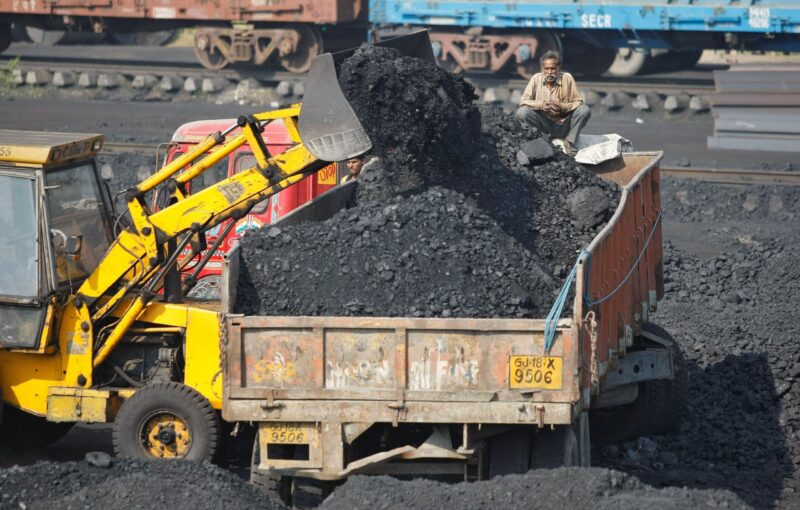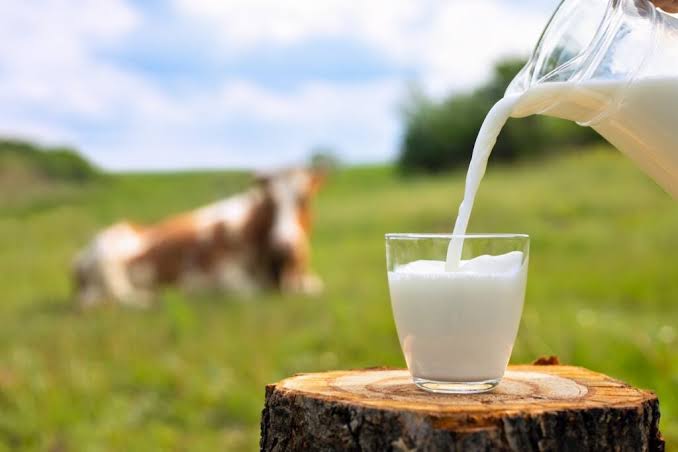India’s Imported Coal Share Hits Record Low Over Last Decade

India, home to the fifth-largest coal reserves globally, has achieved a significant reduction in its dependence on imported coal over the past decade. As the second-largest consumer of coal worldwide, India’s economic growth has driven substantial demand, particularly for industries requiring coking and high-grade thermal coal, which are not abundantly available domestically.
Historically, India’s coal production witnessed modest growth, with a compound annual growth rate (CAGR) of 4.44% from fiscal year 2004-05 to 2013-14. However, from fiscal year 2014-15 to 2023-24, this growth rate increased to approximately 5.63%, reflecting concerted efforts to enhance domestic coal output.
In stark contrast, the CAGR of coal imports showed a dramatic shift. Between fiscal years 2004-05 and 2013-14, the CAGR of coal imports stood at a significant 21.48%. This rate sharply declined to 2.49% between fiscal years 2014-15 and 2023-24. Furthermore, the share of imported coal saw a CAGR of 13.94% during the earlier period, but this figure dropped to -2.29% in the subsequent decade, indicating a reduction in the proportion of imported coal in India’s overall consumption.
These achievements underscore India’s strategic focus on optimizing indigenous coal resources and adopting innovative technological solutions to increase domestic production. The shift towards self-reliance, or Atmanirbhar, in energy security marks a crucial milestone in India’s journey towards reducing dependence on coal imports and bolstering its energy independence.
By effectively leveraging its medium and low-grade thermal coal reserves, India continues to meet domestic demand while minimizing the need for imports. This approach not only strengthens the nation’s energy security but also supports its economic growth by ensuring a stable and sustainable supply of coal for various industries.
As India progresses on this path, the emphasis on enhancing domestic coal production and reducing import reliance remains pivotal to achieving long-term energy security and economic stability.









